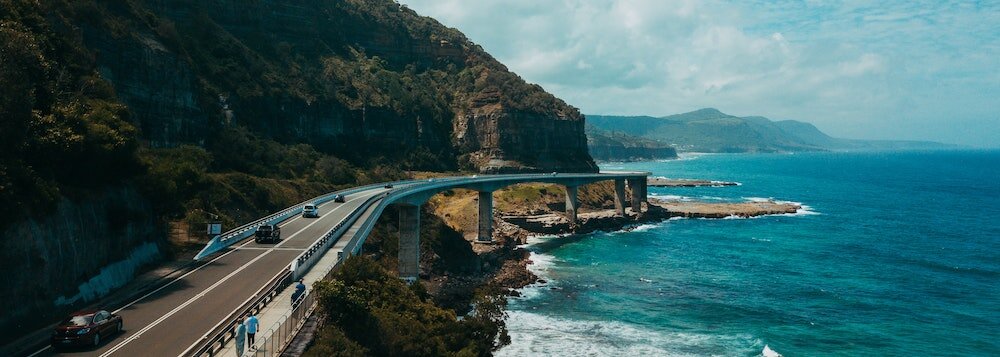One of the advantages of having been around the hotel industry for a while is that there are very few things that surprise me.
While Covid-19 is certainly NOT something I have experienced before, I have nonetheless seen many significant events that had severe impacts on the hotel industry.
The introduction of the Fringe Benefits Tax in 1986 had a serious impact on the hospitality industry as a whole, as did the airline pilots strike in 1989, the introduction of GST in 2000, the collapse of Ansett Airlines in 2001 and the terrorist attack of September 11, in the same year (which ground all air travel to a halt). The Global Financial Crisis in 2008 plus a couple of recessions. Fast forward to 2020, and COVID-19 has changed the world forever…… or has it?
In the mid-1980s, Melbourne hotels thought it was great to have occupancies around 67%. Since then, despite the various crises, Australia’s hotel occupancies have steadily grown and, in general, have always bounced back to either match or surpass the occupancies immediately prior to the particular event. Whether V-shaped or U-shaped, the fact is that the market has recovered.
RevPAR since then…….
and since then…….

Source: HVS Int’ Sydney – presentation to AHA Residential Division (C) 2003
Source: Deloitte Access Economics THMO 2016 – based on ABS Small Accommodation Data and STR International
Humans are remarkably resilient. Australians are incredibly resilient and resourceful, and we have seen remarkable work from individuals and companies to respond to both the bushfires and the Covid challenge. Industry bodies like Tourism Accommodation Australia and the Accommodation Association have worked tirelessly to both support members and lobby governments to provide support to the industry. And now, whilst there are unfortunately some hotels that will remain closed and some people that have lost jobs, we are just now starting to see the green shoots of recovery.
Victorians have probably been the hardest hit by Covid-19, and the hospitality and tourism industries have really struggled. But there is hope.

The Victorian Government’s recent $465m Tourism Recovery Package is a welcome boost to businesses and people that have been hard hit by both bushfires and COVID. There is money being set aside for both regional tourism infrastructure and regional tourism investment, and we hope that these are all well-funded and well spent. There will be 120,000 vouchers available to encourage visitors to regional Victoria and other amounts dedicated to bushfire-affected towns.
This follows similar programs in Northern Territory and also South Australia to encourage Australians to get out and support their communities.
The likely availability of the Covid-19 vaccine is a welcome shot in the arm for the industry. Add to this the raft of rapid-test kits now approved by the Therapeutic Goods Administration, and we could almost begin to imagine a return to travel much sooner than expected.
Earlier this year I was part of a panel commenting on how we might deal with the impact of bushfires and the (then emerging) impacts of Covid-19, and our key message was, we have dealt with catastrophic events before and we will no doubt have to do so again. The key takeaway was not to panic.
Anecdotal evidence from hotel operators (and hard data from industry experts) is that they are certainly starting to see improvements and expect this to continue.
Will we have to operate with more stringent controls? Naturally. Will we have to work more efficiently? Of course, but that is not a bad thing; necessity is the mother of invention after all.
As we start to emerge from the shadow of Covid-19, we cannot afford to forget how we got there and how so many people from so many companies and industry bodies worked exceptionally hard to help us out of the dark.
If anything, this pandemic has prepared us for potential threats of the future and given us a blueprint to react faster and smarter—a priority of The World Health Organization.
And if we yet again enter a dark phase, as we no doubt will at some point, we need to remember the Persian proverb that “this too shall pass”.
© Dean Minett, Minett Prime Square 2020
